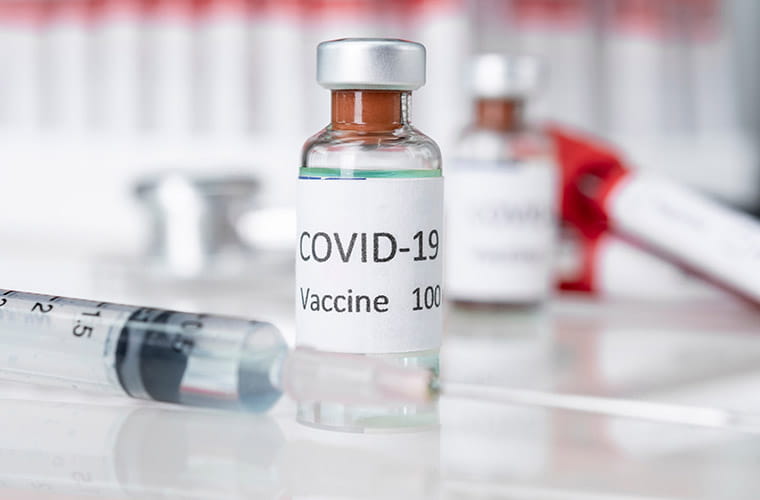COVID-19 Vaccines: Myths vs. Science

The good news for moving past the COVID-19 pandemic: More and more people are getting vaccinated. The bad news: Misinformation about COVID-19 vaccines continues to spread, fueling vaccine hesitancy.
BayCare’s Chief Quality Officer, Dr. Laura Arline, debunks some of the widely circulated myths about the COVID-19 vaccine. BayCare joins the wider medical community in supporting COVID-19 vaccination as key to helping the community return to a sense of normalcy.
MYTH: Researchers rushed the development of the COVID-19 vaccine, so its effectiveness and safety cannot be trusted.
SCIENCE: The development of the COVID-19 vaccines did not cut corners on testing for safety and efficacy. The vaccines were made using processes developed and tested over many years. Those processes are designed to make, and thoroughly test, vaccines quickly in case of an infectious disease pandemic like we are seeing with COVID-19.
MYTH: The side effects of the COVID-19 vaccine are dangerous.
SCIENCE: The COVID-19 vaccine can have side effects, but the vast majority are very short term and not serious or dangerous. The most common side effects include discomfort at the injection site, body aches and headaches lasting just a day or two. If you have allergies — especially severe ones that require you to carry an EpiPen — discuss the COVID-19 vaccine with your doctor.
MYTH: The COVID-19 vaccine enters your cells and changes your DNA.
SCIENCE: The mRNA COVID-19 vaccines from Pfizer and Moderna and Johnson and Johnson were designed to help your body’s immune system fight the coronavirus. The messenger RNA from these types of COVID-19 vaccines does enter cells, but not the nucleus of the cells where DNA resides. The viral vector vaccine from Johnson and Johnson does not have any effect on our genetics either.
MYTH: The vaccines are not effective against all of the COVID-19 viral variants, so they aren’t worth getting.
SCIENCE: The available vaccines are highly protective against both the original virus and the “UK Variant” (B.1.1.7), which may become a dominant strain in the United States. While the vaccines may have a somewhat lower effectiveness against the South African (B.1.351) and Brazilian variant (P.1), they are very effective at decreasing the likelihood of severe disease and death.
MYTH: Getting the COVID-19 vaccine may lead to infertility.
SCIENCE: There is no evidence that COVID-19 vaccinations cause problems with pregnancy, including the development of the placenta. In addition, there is no evidence that fertility problems are a side effect of any vaccine, including COVID-19 vaccines.
Individuals with additional questions about the vaccine should consult with their primary care physician. For more information on COVID-19 vaccines, visit BayCare.org/Coronavirus/Vaccines.
